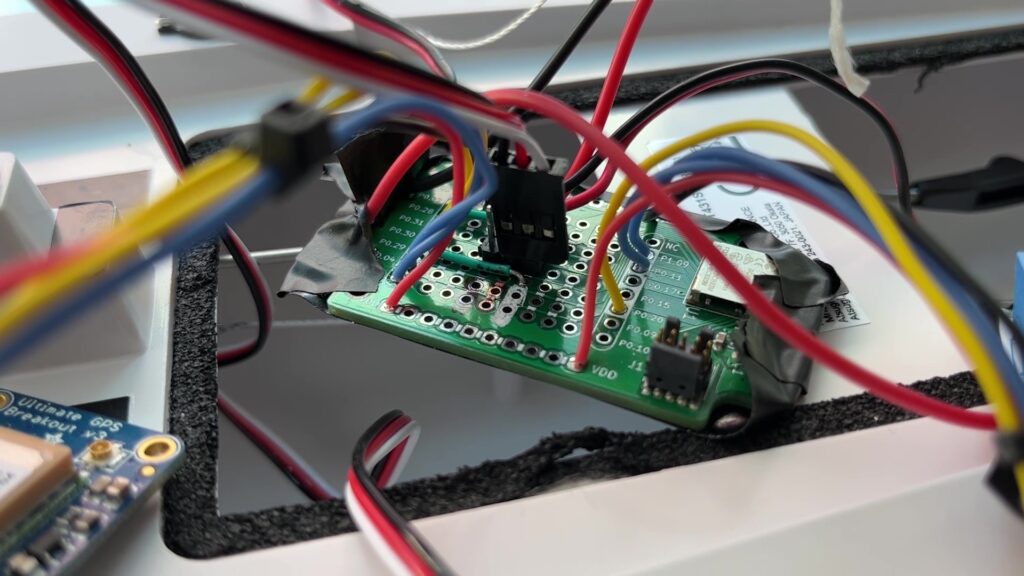Project

Low-power wireless technology tends to be used today for simple monitoring applications, in which raw sensor data is reported periodically to a server for analysis. The ambition of the Horizon Europe OpenSwarm project is to trigger the next revolution in these data-driven systems by developing true collaborative and distributed smart nodes, through groundbreaking R&I in three technological pillars:
- efficient networking and management of smart nodes
- collaborative energy-aware Artificial Intelligence (AI)
- energy-aware swarm programming.
Consortium
Inria, IMEC, KU Leuven, Univ. of Sheffield are leading their respective fields : secure low-power wireless from Inria, constrained AI and energy-aware design from IMEC, low-latency communication from KU Leuven, and swarm robotics from the Univ. of Sheffield. Analog Devices and Siemens are leading their respective markets.
Analog Devices commercializes SmartMesh, the world’s most advanced low-power wireless mesh networking technology for industrial applications. Siemens is a global company focused on electrification, automation, and digitalization. Both Ingeniarius and Wattson Elements are award-winning SMEs, both with about a dozen employees, and both applying novel technologies to environmental protection application.

Results are implemented in an open software package called “OpenSwarm”, which is verified in our labs on two 1,000 node testbeds. OpenSwarm is then validated in five real-world proof-of-concept use cases, covering four application domains:
- Renewable Energy Community (Cities & Community)
- Supporting Human Workers in Harvesting (Environmental)
- Ocean Noise Pollution Monitoring (Environmental)
- Health and Safety in Industrial Production Sites (Industrial/Health)
- Moving Networks in Trains (Mobility).
A comprehensive dissemination, exploitation, and communication plan (including a diverse range of activities related to standardization, educational and outreach, open science, and startup formations) amplifies the expected impacts of OpenSwarm, achieving a step change enabling novel, future energy-aware swarms of collaborative smart nodes with wide range benefits for the environment, industries, and society.

This project has received funding from the European Union’s Horizon Europe Framework Programme under Grant Agreement No. 101093046.

